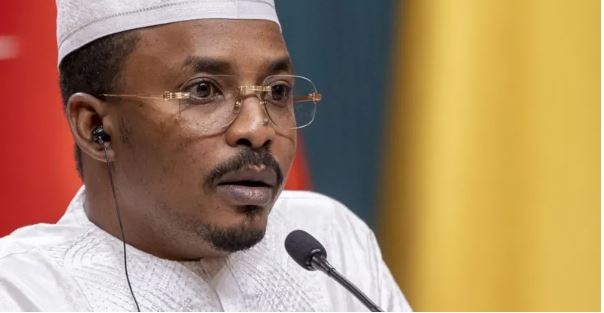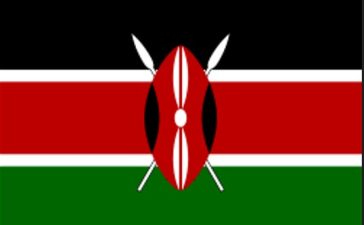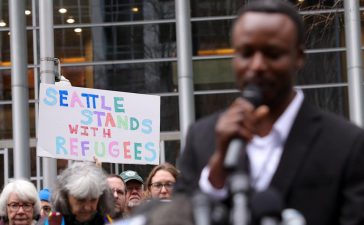The government of Chad has announced the suspension of all visas to U.S. citizens, calling it an act of “reciprocity” after being included in a sweeping new travel ban ordered by former U.S. President Donald Trump.
The ban, set to take effect on June 9, blocks nationals from 12 countries — seven of them in Africa — from entering the United States. An additional eight countries, mostly in Africa and Latin America, face visa restrictions for specific categories.
Chadian President Mahamat Idriss Déby Itno, posting in French on Facebook, expressed outrage:
“Chad has neither planes to offer nor billions of dollars to give, but Chad has its dignity and pride.”
The travel ban — affecting nations such as Chad, Somalia, Sudan, Libya, and Eritrea — has reignited criticism over what many see as a revival of Trump’s controversial “Muslim ban” from his first term. While some exemptions will apply, including for athletes in major events like the 2026 FIFA World Cup and the 2028 Olympics, the move has alarmed governments, citizens, and rights organizations across the globe.
In Somalia, government officials quickly pledged cooperation with the U.S. to improve security, while Eritrean nationals interviewed by the BBC expressed deep concern about being separated from family or left in immigration limbo.
The African Union condemned the decision, warning of the “potential negative impact” and urging Washington to take a more consultative approach.
In a fiery video posted on Truth Social, Trump defended the measure, citing recent security threats — though notably, the alleged perpetrator of a referenced attack was from Egypt, a country not on the list.
Analysts expect the order to face legal challenges, echoing the 2017 ban, which was revised after public backlash and ultimately upheld by the U.S. Supreme Court. President Joe Biden repealed that policy in 2021, calling it “a stain on our national conscience.”
This latest move fulfills a 2024 campaign promise from Trump and marks a sharp pivot from Biden-era immigration reforms.







